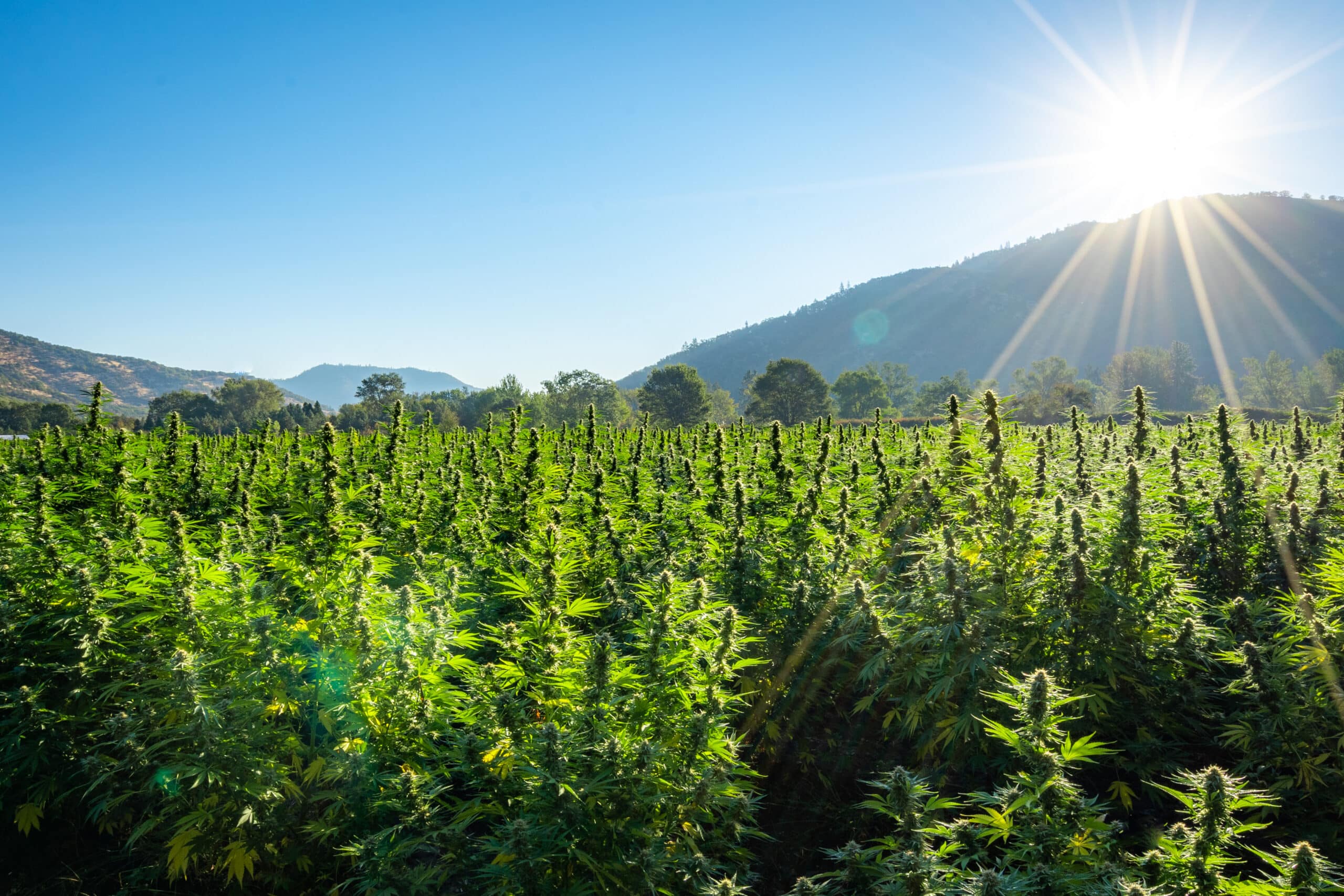FAQs > Products > About Concentrates
What are concentrates?
Concentrates are a category of cannabis products in which trichomes (glands containing THC and other cannabinoids) are extracted from cannabis flower, resulting in more potent and flavorful products that are stripped of [most, if not all] plant matter. The most ancient and well known concentrate is hash, which is short for hashish (the Arabic word for “grass”).
There are many ways to produce hash, including the use of water or ice, but the most traditional method of production is to sift dry plant material through mesh screens to separate the trichomes from the plant, then curing and pressing those trichomes into a brick that kind of resembles fudge.
Dabs are the modernized version of hashish, and this colloquial term encompasses many specific forms of cannabis concentrates including wax, BHO (butane hash oil), shatter, crumble, distillate, diamonds, sauce, rosin, and live resin. Most of these concentrates are produced by extracting trichomes through the use of a solvent, typically butane, propane, or CO2, then purging the solvent so that all that remains is a highly flavorful and potent extract. For the sake of comparison, the average potency of traditional hash is about 35% THC, and the average potency of contemporary concentrates ranges from 60-90% THC.
Traditional hash can be consumed by smoking it or eating it, whereas contemporary concentrates are typically consumed by vaporization (either using a dab rig or a vape cartridge). Contemporary concentrates may also be smoked on top of a bowl or inside of a joint.
Rosin is a completely solventless concentrate that is produced by taking bubble hash or traditional hash, enveloping it in mesh screens with very small holes to filter out any remaining plant matter (typically 90μ-120μ), and applying heat and pressure to squeeze out an extract that is twice as potent as its input material.
Lastly, RSO (“Rick Simpson Oil”) is a viscous whole-plant extract made using ethanol which is typically consumed by eating it. If RSO were classified as an edible, it would be illegal to buy from a dispensary in Washington state because it exceeds the 100mg THC potency limit. But thankfully it is sold and marketed as a concentrate, so the people who benefit from RSO can still have safe access to it.

